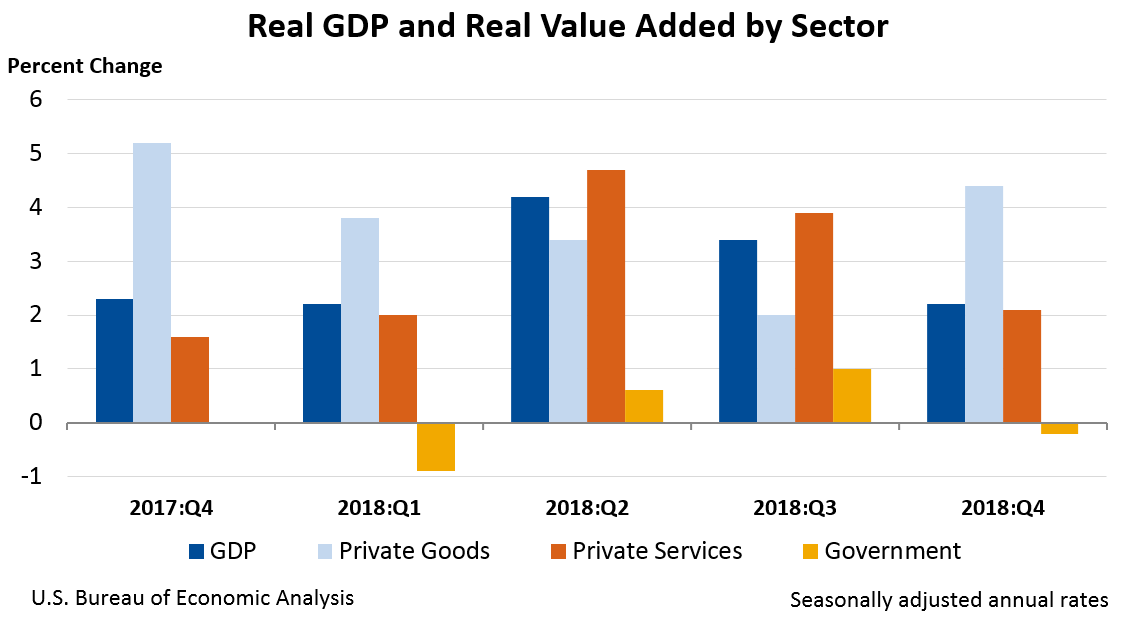The analysis of the U.S. economy reveals a landscape fraught with challenges and uncertainties, particularly as the impacts of recent trade war effects and shifting tariff policy continue to unfold. As consumer sentiment declines and the specter of recession looms, economic observers are closely monitoring the Federal Reserve’s next moves regarding interest rates. The myriad factors influencing this scenario suggest that a well-rounded understanding of economic conditions is crucial for predicting future trends. With heightened risk perception among investors, the potential consequences of these developments cannot be overstated. A thorough examination of these intertwined elements is essential for grasping the current state of the U.S. economy.
Exploring the current state of the American financial landscape, we find ourselves at a critical juncture where economic warnings abound, particularly regarding looming recession threats and the aftereffects of tariff enforcement. The fluctuations in consumer confidence and mounting apprehensions surrounding interest rate decisions reflect broader issues impacting national prosperity. Furthermore, the relationship between trade tensions and their resultant economic implications warrants careful scrutiny as we assess the vibrancy of U.S. markets. By dissecting these complex factors, we gain insights into potential trajectories for growth or decline. This multifaceted approach underscores the importance of a comprehensive economic evaluation.
Understanding the Current State of the U.S. Economy
The current state of the U.S. economy is characterized by rising tensions from ongoing trade wars, particularly with China, Canada, and Mexico. The recent tariff policies introduced by the administration have led to backlash and retaliations by these countries, causing American markets to experience significant declines. This has raised fears of a recession as investors perceive the trade conflict as detrimental to economic stability. The uncertainty created by such policies contributes to declining consumer sentiment, as indicated by the University of Michigan’s consumer sentiment index reaching its lowest point since November 2022.
Moreover, the complexity surrounding interest rates adds another layer of difficulty for the economy. The Federal Reserve finds itself at a crossroads, needing to balance between supporting economic growth and managing inflationary pressures. While some argue that lower interest rates could stimulate investment and consumer spending, there are valid concerns that they may also exacerbate inflation, particularly in the wake of distorted market conditions caused by trade restrictions. These intertwined factors paint a troubling picture for the future of the U.S. economy.
Frequently Asked Questions
How do trade war effects impact U.S. economy analysis?
Trade war effects are critical in U.S. economy analysis as they can lead to increased tariffs, reduced consumer spending, and heightened uncertainty in the market. The ongoing trade tensions, particularly with nations like China, directly affect export levels, consumer prices, and overall economic growth. Analysts closely monitor these dynamics to gauge future economic performance.
What is the anticipated recession impact on U.S. economic growth?
The anticipated recession impact on U.S. economic growth is significant, as recessionary trends can lead to decreased consumer spending, lower business investment, and higher unemployment rates. Analysts are concerned that the current market uncertainties, exacerbated by trade wars and shifts in consumer sentiment, could precipitate a recession within the next year, negatively affecting the overall growth prospects of the economy.
How are interest rates linked to U.S. economy analysis?
Interest rates play a pivotal role in U.S. economy analysis as they influence borrowing costs, consumer spending, and business investments. The Federal Reserve’s decisions regarding interest rates are crucial in either stimulating the economy during downturns or controlling inflation when the economy heats up. Analyzing interest rate trends can provide insights into the broader economic conditions and future growth trajectories.
What does consumer sentiment indicate about the U.S. economy?
Consumer sentiment is a vital indicator of U.S. economic health, reflecting how optimistic or pessimistic consumers feel about the economy’s current and future conditions. A decline in consumer sentiment often signals potential reductions in consumer spending, which plays a key role in driving economic growth. Analysts closely monitor consumer sentiment indices to anticipate shifts in economic momentum.
How does tariff policy affect U.S. economy analysis?
Tariff policy significantly affects U.S. economy analysis by altering trade relations, impacting pricing, and influencing market dynamics. High tariffs can lead to increased costs for consumers and businesses, potentially causing a slowdown in economic growth. Economists assess the implications of tariff policies to understand their effects on both domestic industries and international trade relations.
| Key Point | Explanation |
|---|---|
| Impact of Tariffs | Widely opposed by economists; historically justified only in specific scenarios (e.g., infant industries, revenue generation in poorer countries). Current U.S. tariffs are detrimental to investment and economic confidence. |
| Consumer Sentiment Index | The latest index indicates the lowest consumer confidence since November 2022, signaling potential recessionary pressures due to reduced economic activity. |
| Market Responses | Suffering losses due to trade wars with countries like China, Mexico, and Canada; concerns about prolonged trade conflict leading to economic downturn. |
| Federal Reserve’s Dilemma | Caught between cutting interest rates to stimulate the economy or raising rates to combat inflation. The current chaos complicates this decision. |
| Long-term Risks | Potential for a recession within the next year driven by multiple factors including trade wars, stock market instability, and government spending cuts. |
Summary
The current state of the U.S. economy analysis indicates significant concerns over potential recession driven by various factors such as trade wars and declining consumer confidence. With tariffs causing market instability and the Federal Reserve navigating a tricky landscape of interest rate decisions, the outlook remains uncertain. Economists warn that without significant changes, the prevailing uncertainties could lead to noticeable economic downturns affecting employment and overall income levels.
